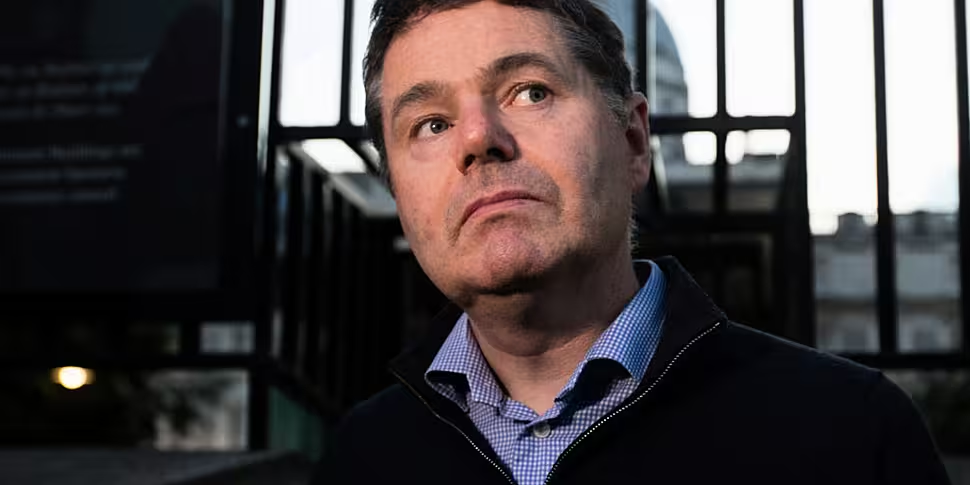The Finance Minister has said Fine Gael will talk to other parties about forming a government if the current deal is rejected.
Members of the Green Party, Fianna Fáil and Fine Gael are this week voting on their proposed programme for government, with a result expected on Friday.
The leaders of Fine Gael and Fianna Fáil have both warned that there is no Plan B if the deal is rejected – despite Sinn Féin’s insistence that it is open to working with all parties in government.
On The Hard Shoulder this evening, Paschal Donohoe said he would be open to working with other parties if the deal is rejected.
He warned however, that the next government will need a strong majority to tackle the challenges thrown up by the COVID-19 outbreak.
“We did have a government in the last Dáil that had 48, mid 40s votes within it,” he said.
“But of course, what is radically different is, that was during a time of economic growth – during a time of relative normal political circumstances notwithstanding the huge challenge that was Brexit.
“We are now in an era of a pandemic.
“What happens if the result does not go in the direction I hope it does on Friday night? I think we would then have to look at what would be the role of other parties in looking to form a government and how can we establish a normal functioning parliament at least for a period of time.”
Programme for government
He said he believes it is “very possible” the programme for government will be ratified on Friday night.
“But the truth of it is that any of the alternatives involved, if this deal is not ratified on Friday night, are very difficult and will only add, I fear, to the challenge that our country is facing,” he said.
“So, that is why our energies are pursuing ratification of the agreement and I hope that is what happens later on in the week.”
Ministerial appointments
Minister Donohoe refused to be drawn on which ministries will go to each party if the deal is accepted – but said there is a “good case to be made” for separate Ministers for Finance and Public Expenditure.
“The way it was set up under this government is that the two departments were kept separate but hey were reporting into one minister,” he said.
“The reason that decision was made by our current Taoiseach was so that if we ever ended up in a situation then in which we had more than one political party in the next government it would be possible then for each department to report to different ministers.
“I do think with all that is coming at us from an economic point of view, there could be a good case for two ministers running and looking after two separate departments.”
You can listen back to the full interview here:









